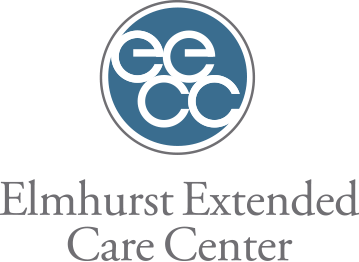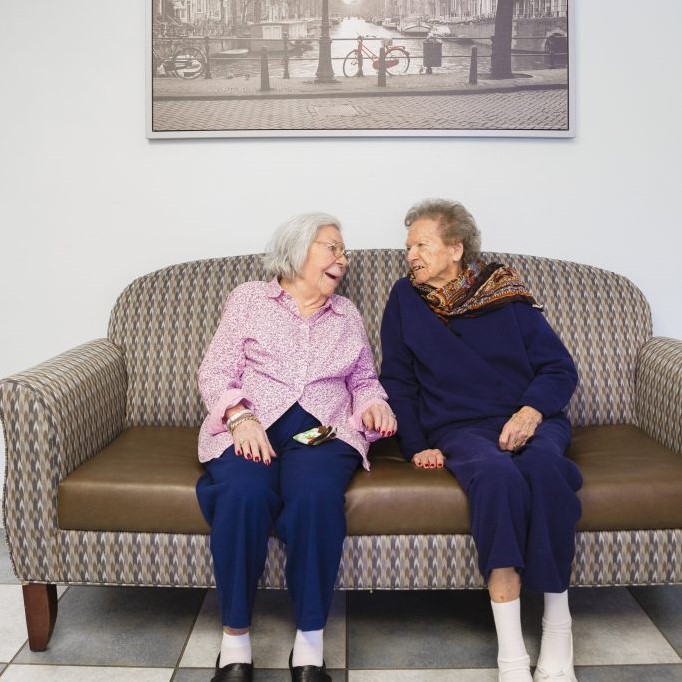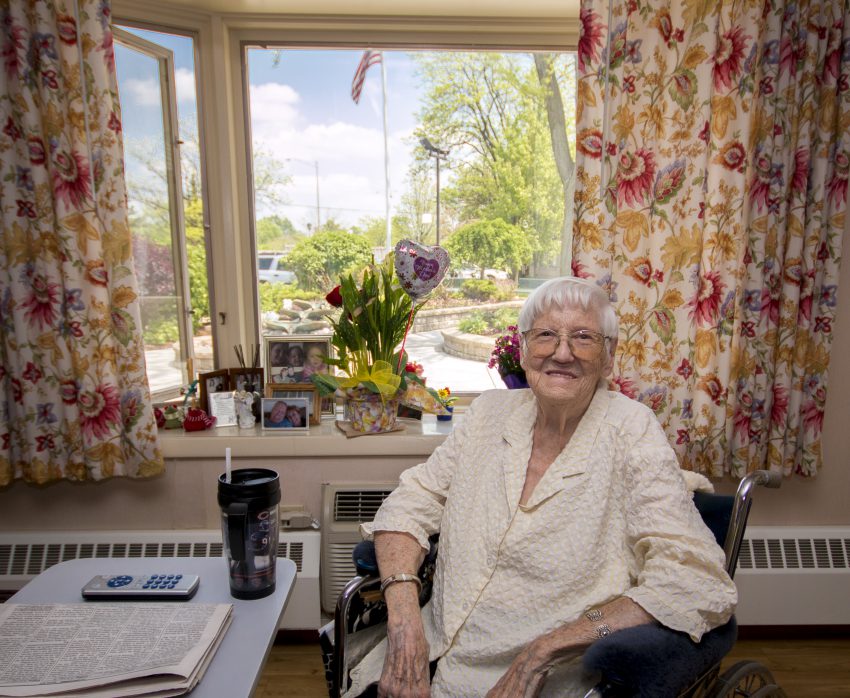4 Ways to Keep Your Senior Active This Spring
 Today marks the first day of spring, and with it comes a season of warmer climates, bright greenery and blooming flowers, and the perfect time of year to encourage the seniors in your life to get outside and stay active.
Today marks the first day of spring, and with it comes a season of warmer climates, bright greenery and blooming flowers, and the perfect time of year to encourage the seniors in your life to get outside and stay active.
We’ve compiled a list of four different ways you can keep your senior active this spring, and these are all great to carry with them as well throughout summer and into fall!
#1 Get in the Habit of Walking Daily
Regular exercise and activity are important for senior health, and spring is a great time to start forming a habit of taking daily walks. Even if it’s just around the block, or even simply walking back and forth a few times in front of their house each day until they feel they can do more, the act of walking itself will strengthen their muscles and their mind. And the more they do it, the more they’ll be able to walk. As with all things in life, if they aren’t used, they’re lost. So starting a habit now of walking daily is important to keep seniors in good physical and mental health.
#2 Take Games Outdoors
Spring is the perfect season to soak up much needed outdoor time. After a winter of being indoors, the health benefits of getting outside can be wonderful and welcome for seniors. A great way for them to spend more time outdoors is to take their indoor games with them. Enjoying a game of checkers or backgammon at the park allows for plenty of time soaking up the positive effects of the sun’s rays, and it also allows for great exercise in the walk to and from the park.
Looking to keep your seniors’ mind sharp? Have them take a deck of cards to the park to play the game Memory. The cards can easily fit into a pocket, so they don’t have to worry about carrying anything.
#3 Start a Planter Garden
Gardening itself can be quite meditative, but it also offers a great way to get in regular exercise. Not to mention it brings them outside where they can enjoy the sun and colors of the changing season. During the spring, seniors can plant summer flowers, fruits and vegetables in containers. By utilizing containers rather than just planting them in the ground, it offers a variety of ways they’re able to display and tend to their garden. Raised beds or planters in the yard make for better access for those that aren’t able to get up and down as easily.
#4 Find Community Events That Get Them Socializing
It’s quite common for seniors to spend far too much time in their homes, away from society and isolated. This can cause a decrease in mental health and can aid in the progression of diseases like Alzheimer’s and dementia.
Find events around their community that will get them out of the house and socializing with others. Oftentimes, there are senior citizen centers that offer many opportunities for gathering and enjoying activities. You may also find options for volunteering that your senior would enjoy such as assisting with a local elementary school or heading up a town bake sale fundraiser. Look for community events that your senior will be excited about so that they’ll be more likely to find reasons to get out of the house this spring.
If you or a loved one are in search of short or long term care, consider Elmhurst Extended Care Center. Family owned and operated since 1960, our dedicated and professional staff exhibit care for residents that goes beyond the status-quo. Schedule a tour today to see for yourself the difference at EECC.









